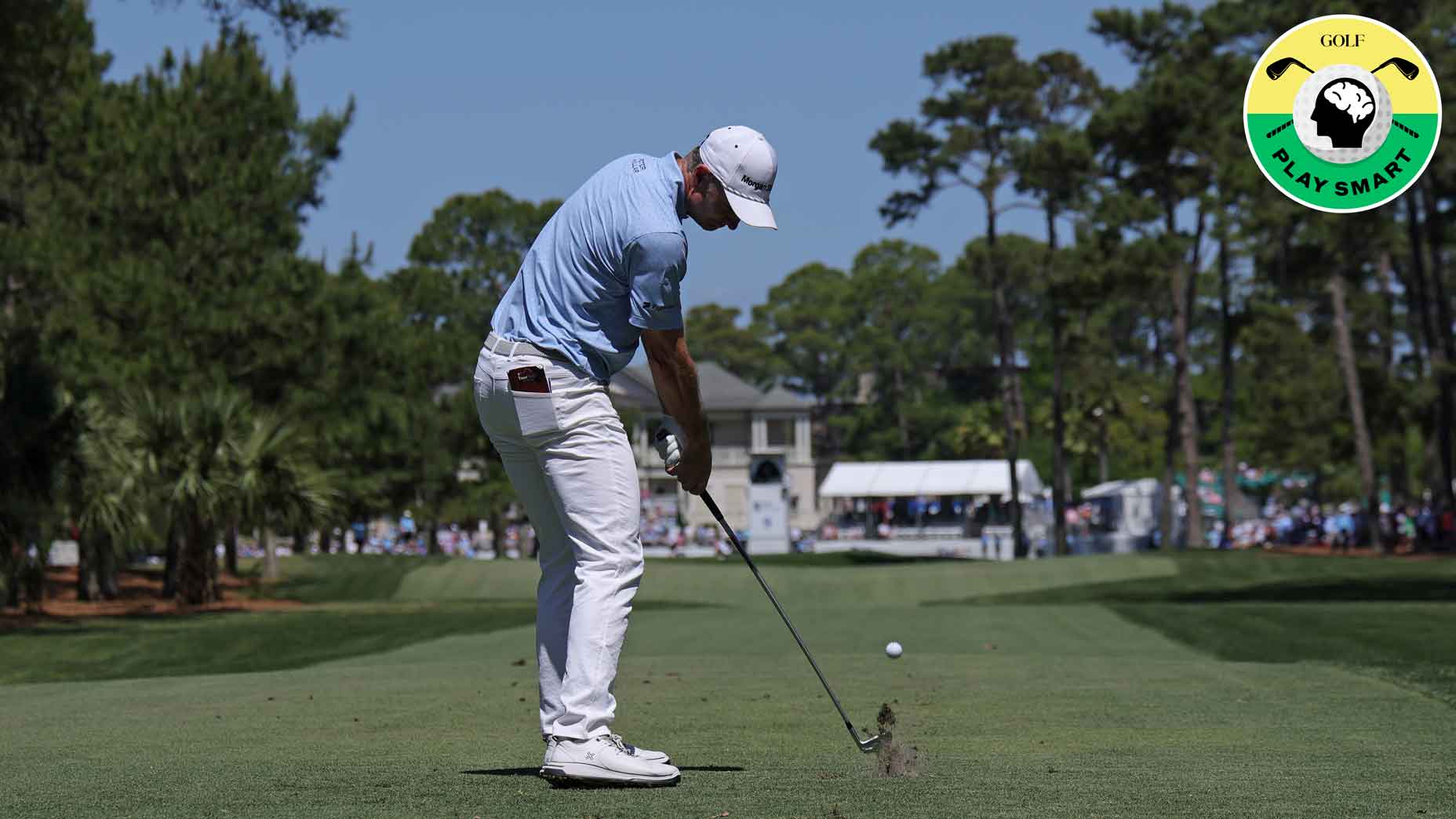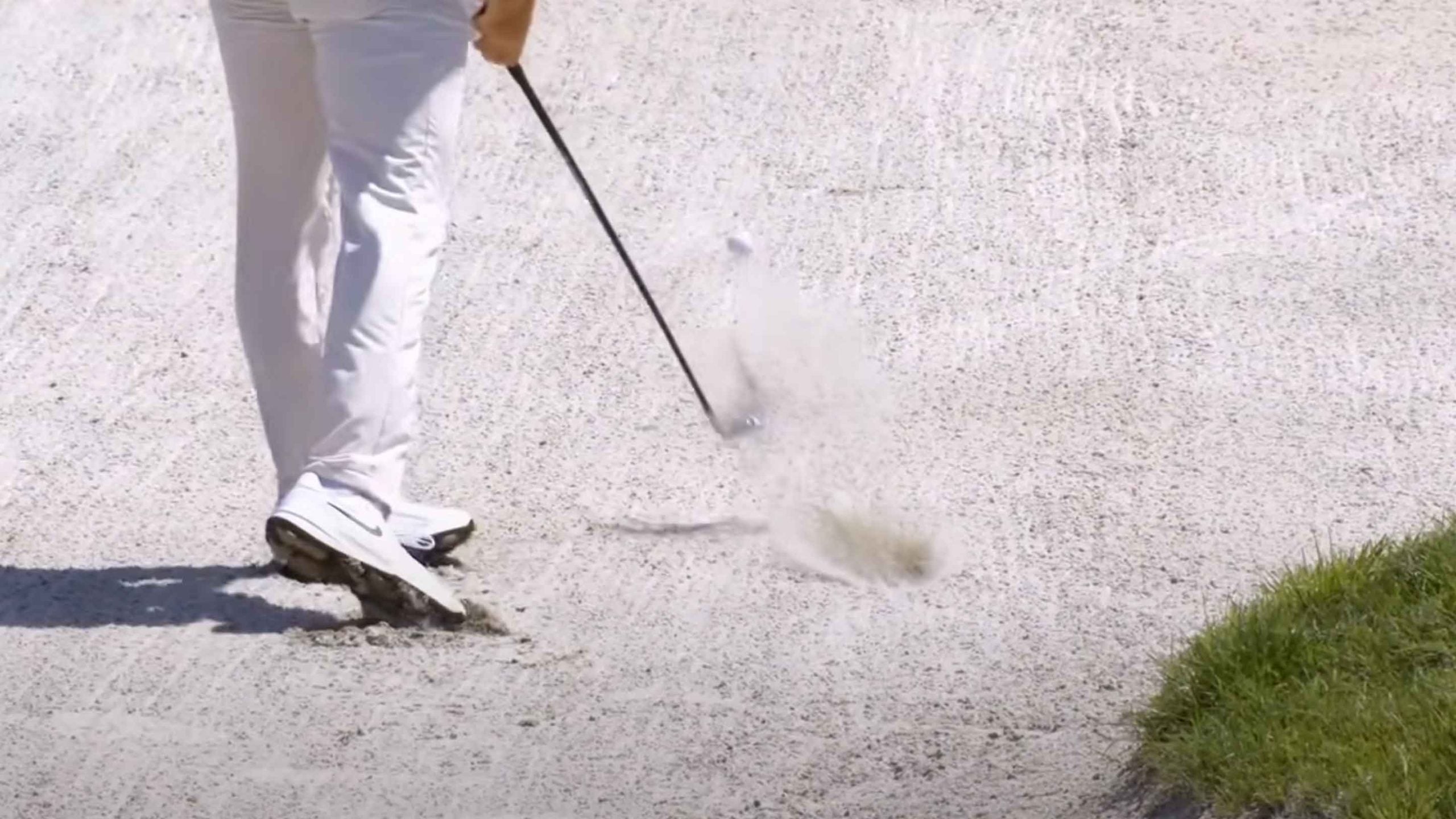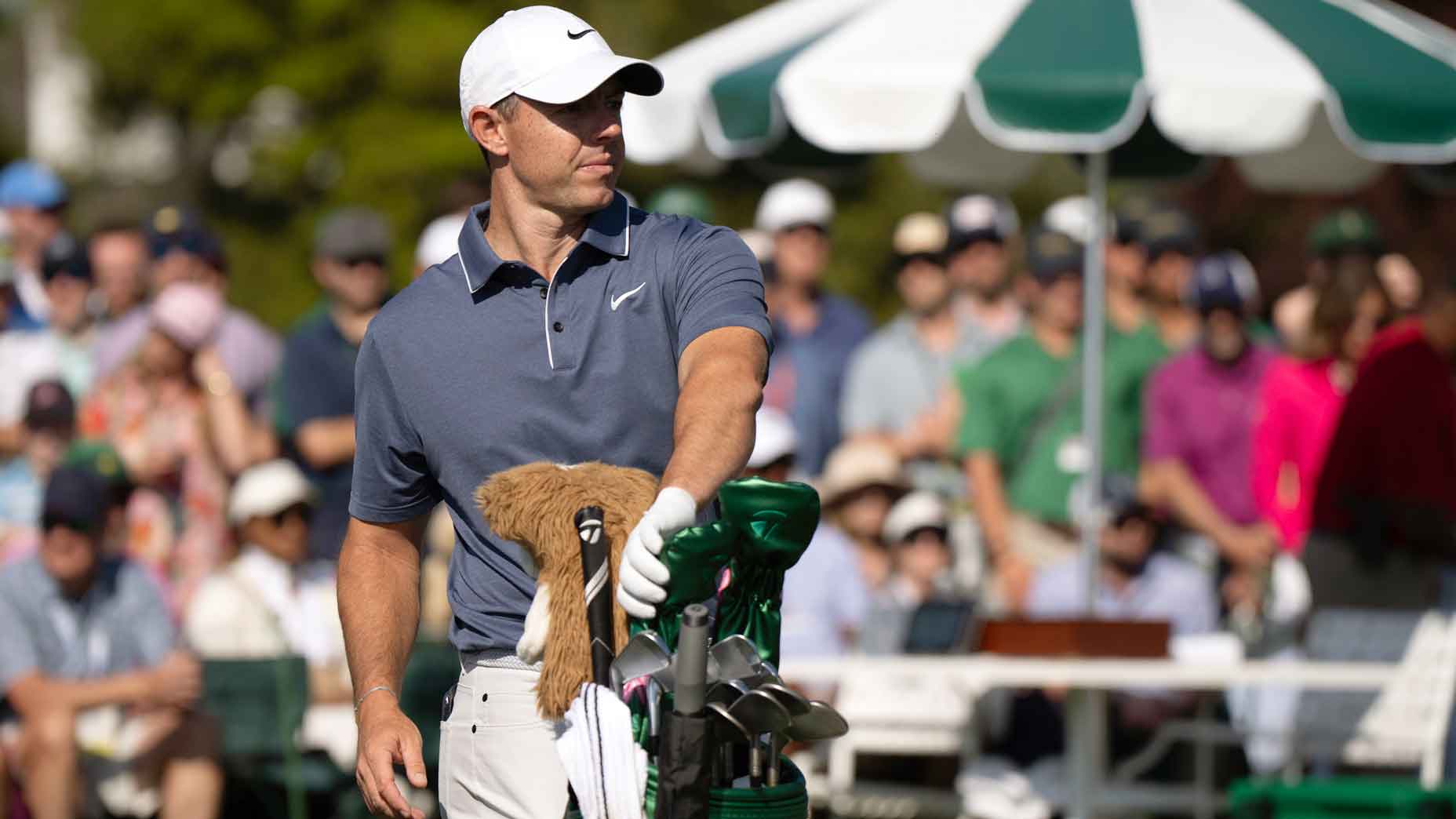On Jan. 1, more than 30 changes to the Rules of Golf — some small, others significant — will take effect. To get you ready, this holiday season GOLF.com is rolling out a series, “The 12 Days of Rules Changes,” to ensure you always play by the rules, starting with your opening round of the year. In this edition, we investigate changes to the rules relating to slow play and how fast golfers are expected to play.
The Topic: How quickly is a golfer expected to play?
The Old Rule: Despite it being a popular topic of conversation around golfy water coolers everywhere (as well as in brawls at golf courses), pace of play is barely regulated in the old rules of golf. Old Rule 6-7, “Undue Delay; Slow Play,” states: “The player must play without undue delay and in accordance with any pace of play guidelines that the Committee may establish. Between completion of a hole and playing from the next teeing ground, the player must not unduly delay play.” The punishment is two shots in stroke play, and a loss of the hole in match play.

Essentially, the old rules encouraged efficient play but left it up to the local clubs and committees to determine any specific guidelines or enforcement.
[bc_video video_id=”5977839533001″ account_id=”416418725″ player_id=”B1lrmWbebQ” embed=”in-page” padding_top=”56%” autoplay=”” min_width=”0px” max_width=”640px” width=”100%” height=”100%”]
The New Rule: The new rules take the pace of play suggestions a step further and, for the first time, offer specific timed guidelines to govern them. While still encouraging players to play efficiently between shots and holes, Rule 5.6 also states that “a player should make a stroke in no more than 40 seconds (and usually in less time).” Furthermore, they recommend that local committees should adopt an official Pace of Play Policy.
There is one additional rule change that aims to have a big effect on dealing with slow play. New Rule 6.4 not only allows but encourages players to hit out of turn to save time, as long as they remain safe while doing so. In effect, “ready golf“, as it’s known, will be officially written into the rules.

Why It Was Changed: The reasons for the changes are twofold. First, the governing bodies want to make pace of play expectations as clear as possible to new golfers so they know “what types of behavior are considered prompt play.” Second, they wanted to confirm and encourage everyone to play ready golf whenever possible.
Will It Be Controversial? Of all the rules changes, this one seems to have the least chance of being controversial. Slow play is a major concern to golfers everywhere, and a frequent hot topic of debate. Any attempt to improve pace of play should be applauded. If anything, the most likely point of contention is that the rules changes do not go far enough to regulate slow play. In the end, it is still up to the local powers-that-be to enforce pace of play regulations.

How It Can Help You: As with many of the new rules, this change is more about altering the rules to match how golfers are playing the game, rather than breaking new ground. Most golfers already play some form of ready golf, at least the faster groups do. But officially changing the rule will prevent these golfers from being punished for their efficiency. Most effectively, though, it will encourage slower golfers to quit waiting for their partner to find their ball in the fescue and hit away.
[bc_video video_id=”5979149582001″ account_id=”416418725″ player_id=”B1lrmWbebQ” embed=”in-page” padding_top=”56%” autoplay=”” min_width=”0px” max_width=”640px” width=”100%” height=”100%”]







